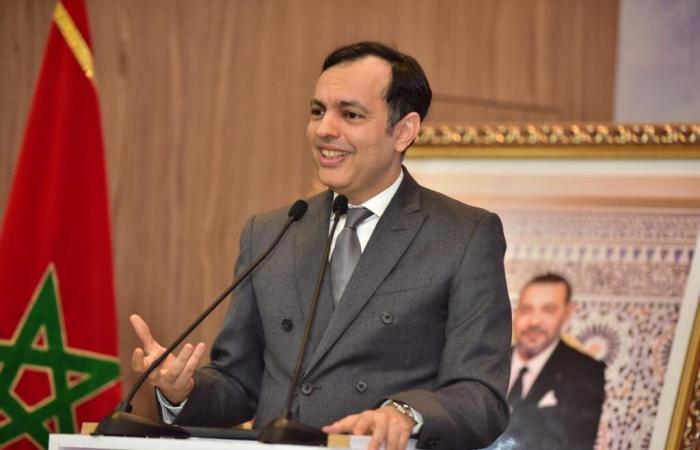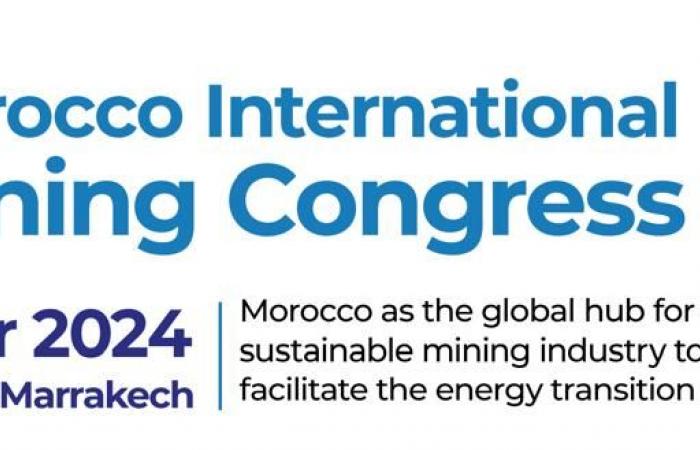
The first edition of the Moroccan Forum for Employment and Skills (FMEC) was marked by a strong intervention by Youness Sekkouri, Minister of Economic Inclusion, Small Business, Employment and Skills, who highlighted the key role of industry in the economic and social transformation of Morocco, while announcing ambitious measures for the future.
In his speech, Youness Sekkouri recalled the strategic importance of industry in the structural transformation of the Moroccan economy. “Industry is an essential choice for our country. It is part of a logic of structural transformation, because we have noted that it would be impossible to change the dynamics of growth without seriously investing in this sector,” he said.
Recognizing that Morocco has not always benefited from a strong industrial culture due to its history, he praised the progress made in recent years. These efforts have helped anchor the industry as an essential pillar of the national economy, with tangible results in terms of job creation and exports.
The minister then highlighted the characteristics of industrial jobs, which he considers to be an important lever for social inclusion and territorial equity. “Industrial jobs, unlike other sectors, offer valuable stability. They also play a major role in the integration of women into the labor market, particularly in sectors such as textiles where the rate of feminization is among the highest,” he explained. He also highlighted the inclusive role of the industry, which provides opportunities to people from all regions without discrimination.
In his speech, Youness Sekkouri also presented the broad outlines of the government roadmap for employment. He explained that this strategy is based on three main axes. First of all, the stabilization of rural jobs, a priority which led to the allocation of a budgetary envelope of one billion dirhams as part of the 2024 finance law.
Read also|[FMEC 2024] Hicham Rahioui: “The future of employment in Morocco depends on our collective commitment”
Then, he mentioned support for small and medium-sized businesses, which will benefit from reinforced support with an envelope of 12 billion dirhams to reduce their costs and stimulate their investments. Finally, he insisted on the importance of bringing together recruiters and job seekers, welcoming in this regard the role of the FMEC as an essential intermediation platform.
Another central aspect of the minister’s intervention focused on professional training. He announced a major reform aimed at modernizing this sector, in particular by strengthening work-study apprenticeships. “Apprenticeship is a model where 20% of the training is theoretical and 80% is practical. Currently, 25,000 people benefit from it. We have decided to increase this figure to 100,000 from next year,” he said. The minister stressed that this reform also includes the simplification and digitalization of processes, as well as the integration of private actors in the governance of training centers.
One of the notable announcements of this intervention concerns the removal of the diploma requirement to benefit from employment assistance schemes. “For the first time in 30 years, we are removing the diploma requirement to benefit from aid. Not qualified does not mean not competent. Many trades are learned on the job or through qualifying training,” he explained. This measure aims to include non-graduates in the professional integration process, by offering them concrete opportunities on the job market.
Finally, Youness Sekkouri called for collective mobilization to meet the challenges of the job market and build a more inclusive future. “Employment challenges require adapted and agile responses. It is only by working closely between government, businesses and civil society that we will be able to meet the aspirations of Moroccans,” he said.










